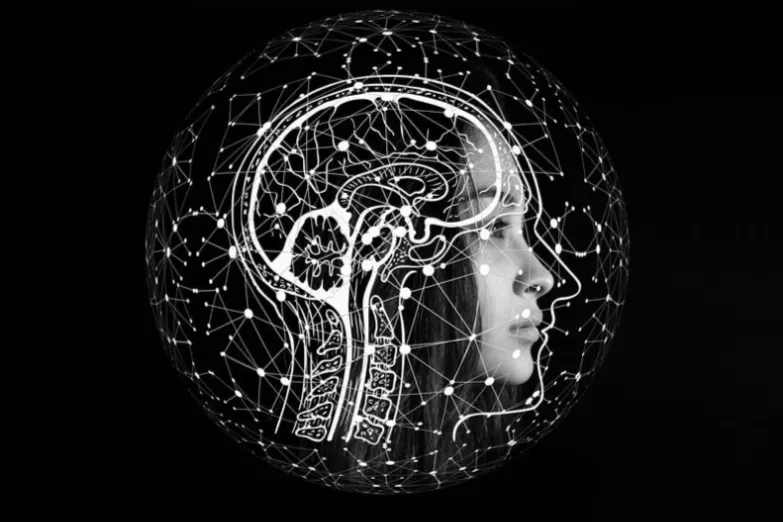Headaches During Menopause: Causes, Types, and Treatment Options
Meta Description: Struggling with headaches during menopause? Discover the different types, what triggers them, and effective lifestyle and medical strategies for relief.
When Headaches Disrupt Your Day
Headaches can be more than just an annoyance—they can impact your quality of life, especially during menopause. Whether it’s a throbbing migraine or a steady tension-type headache, understanding what’s behind the pain is the first step toward relief.
What’s Causing Your Headaches?
Headaches in midlife women can be triggered by various factors:
• Hormonal fluctuations: In perimenopause, changes in estrogen levels can increase hormone-related headaches.
• Migraines: Often accompanied by sensitivity to light, sound, and nausea. Some women notice a link between their menstrual cycle and migraine occurrence.
• Tension-type headaches: Typically caused by stress and muscle tension, these headaches bring a steady pressure rather than throbbing pain.
• Other triggers: Stress, certain foods or beverages, skipping meals, sleep disturbances, allergies, exercise, or environmental factors like bright lights and noise.
When to Seek Medical Advice
Most headaches can be managed with lifestyle changes or over-the-counter pain relievers. However, certain warning signs should prompt you to consult a healthcare professional immediately:
• A progressively worsening headache
• An abrupt, severe headache that comes on suddenly
• A headache that wakes you from sleep
• Headache accompanied by high fever, rash, confusion, dizziness, numbness, or weakness
• A headache following a head injury
• A headache that is noticeably different from your usual pattern
For women experiencing frequent headaches—more than one per week or over four per month—preventive medications and other treatments may be necessary.
Managing Headaches: What Can Help
Lifestyle and Over-the-Counter Options
• Pain relievers: Combining pain relievers with a small amount of caffeine can help some migraine attacks, though caffeine might trigger migraines in others.
• Stress management: Techniques such as relaxation therapy, physical therapy, and cognitive-behavioral therapy can ease tension headaches.
Medical Treatments
• Preventive medications: For frequent headaches, preventive drugs can reduce frequency, severity, and duration, and improve the effectiveness of acute treatments.
• Supplements: Riboflavin, magnesium, feverfew, butterbur, and coenzyme Q10 are sometimes recommended, though evidence is limited.
• Alternative therapies: Recent studies suggest acupuncture may provide relief.
• Hormone treatments: These may help prevent estrogen dips that trigger migraines in some women.
Headaches during menopause can be complex, but with the right approach, you can manage the pain and regain control of your day.









